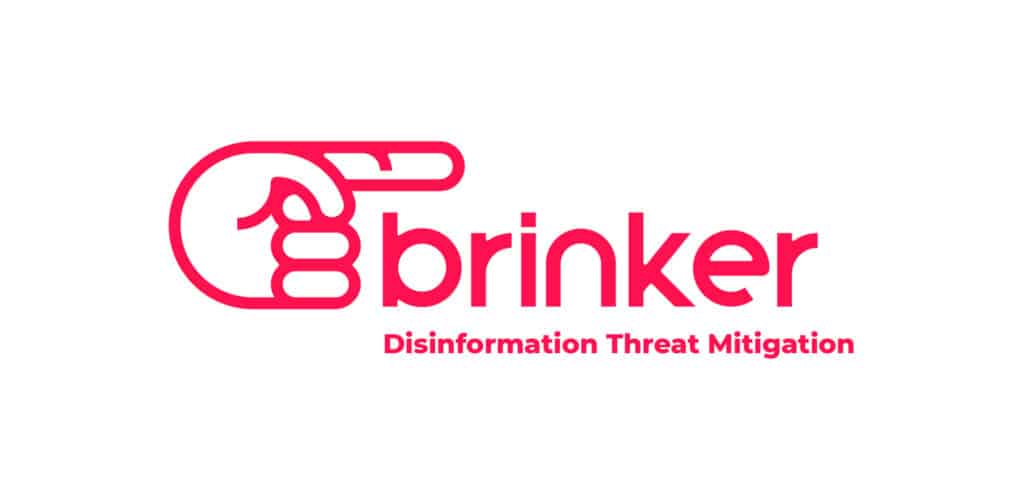The U.S. Government’s Industrial Control System CERT (ICS-CERT) said on Thursday that a campaign targeting industrial control system (ICS) software began in January, 2012 and targeted industrial systems that were directly connected to the public Internet. ICS-CERT said in an alert published on Wednesday that “HMI” (or Human-Machine Interfaces) products from vendors including GE, Advantech/Broadwin and Siemens may have been infected with variants of the BlackEnergy malware since January, 2012. Infected firms were running versions of the GE’s Cimplicity, Advantech/Broadwin’s WebAccess or Siemens’ WinCC with what ICS-CERT called a “direct Internet connection.” In some cases, as with the GE Cimplicity attacks, hackers exploited a known vulnerability in the Cimplicity software to gain access. In others (as with WebAccess and WinCC) the method by which the software was compromised isn’t known, ICS-CERT said. CERT said it hasn’t documented any cases of control processes being modified by the malware. However, BlackEnergy is typically used […]
Tag: malware
White House Cyber Chief: JP Morgan Underscores Critical Infrastructure Risk
The White House’s cyber security czar, Michael Daniel, said the Obama Administration is deeply concerned about the reported hack of systems belonging to banking giant JP Morgan Chase & Co. but sees the incident as part of a larger trend of attacks against U.S. critical infrastructure. Asked about the targeted attack against JP Morgan and other banks and financial institutions, Daniel said that the White House was concerned, but not surprised by the incident. “We have watched for several years the trend of malicious actors in cyber try to figure out how to target critical infrastructure,” he said. “Financial services is critical infrastructure.” The White House was concerned that a major U.S. bank would fall victim to hackers, but sees it in the context of a “broad trend,” rather than an isolated incident, he said. Speaking with Michael Farrell, the Cybersecurity Editor at Christian Science Monitor, Daniel hit on many of the now-common talking […]
Report: Hacked Password Behind Compromise of 75m JPMorgan Accounts
The top news this week is about Wall Street giant JP Morgan Chase, which disclosed on Thursday that a previously disclosed breach was much larger than initially believed, affecting more than 75 million account holders. And once again, reports suggest that a compromised employee account may be at the root of the incident. Bloomberg, which first broke the news of the cyber attack on JPMorgan Chase in August, said on Friday that hackers exploited an employee’s access to a development server as part of an attack on a JPMorgan Chase & Co. server that led to one of the largest cyber-attacks ever and the theft of data on 76 million households and 7 million small businesses. According to the Bloomberg report, which cited “people familiar with the bank’s review,” the breach started in June when an employee’s user name and password for what’s described as “a web-development server” were compromised. From that […]
Unpatchable USB Malware Now Open Source | WIRED
Andy Greenberg over at Wired has an interesting piece of news coming out of last week’s Derbycon hacker conference in Louisville, Kentucky. According to Greenberg and Wired, researchers Adam Caudill and Brandon Wilson showed off their own version of Karsten Nohl and Jakob Lell’s BadUSB malware, and that they’d released the code on Github. Their presentation raises the stakes for USB manufacturers to fix the BadUSB problem or leave hundreds of millions of users vulnerable, Greenberg writes. At a presentation at the Black Hat Briefings in August, Nohl and Lell, both of Security Research Labs (SRLabs), showed how the controller chips inside common USB devices can be reprogrammed, allowing USB peripherals to impersonate other kinds of devices. Among other things, Nohl demonstrated how a BadUSB infected device could emulate a USB keyboard, issuing commands to a connected machine using the permissions of the logged-in user. Alternatively, an infected USB could spoof a […]
Report: Home Depot Fallout Reveals History of Lax Security, Hiring
Its a truism in cyber security that behind every great hack often lies a string of bad decisions and missed opportunities. Its also true that when you dig into the details of damaging cyber incidents, the root causes are personal and psychological as often as they are technical in nature. Organizations -even sophisticated and wealthy organizations – end up making bad decisions for all the wrong reason: failing to properly assess their risk, or pursuing short term savings when long term investment is needed. Home Depot learned via law enforcement that a breach of transaction data exposed as many as 52 million credit card transactions, the largest retail credit card breach to date. But as more comes out about the breach at home improvement giant Home Depot, it starts to look a lot more like the root causes there may have started in the HR department rather than the data center. The […]






